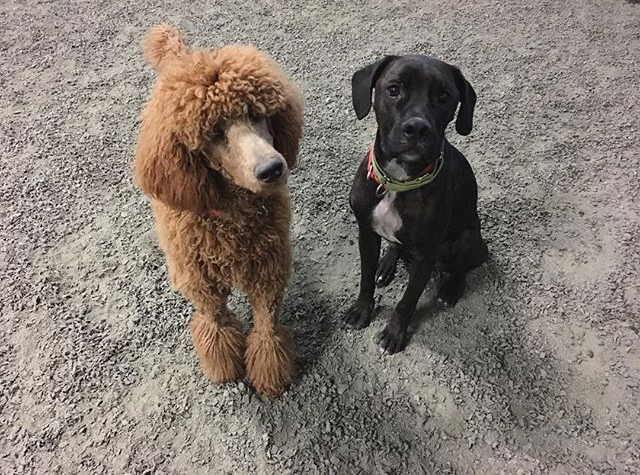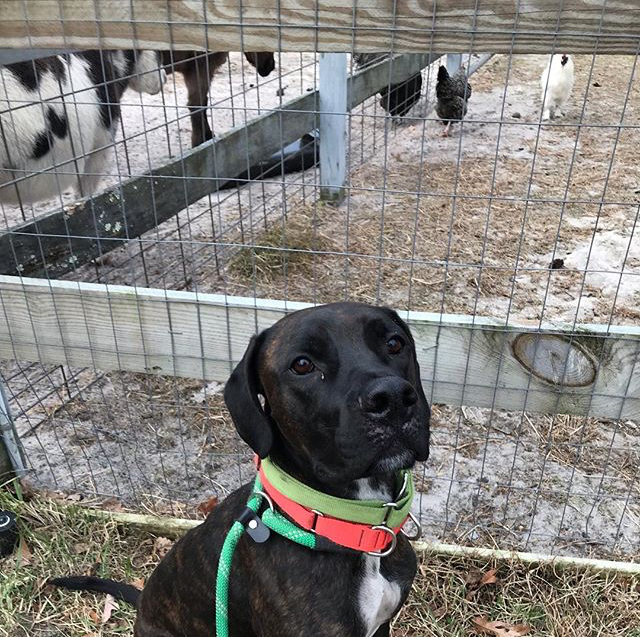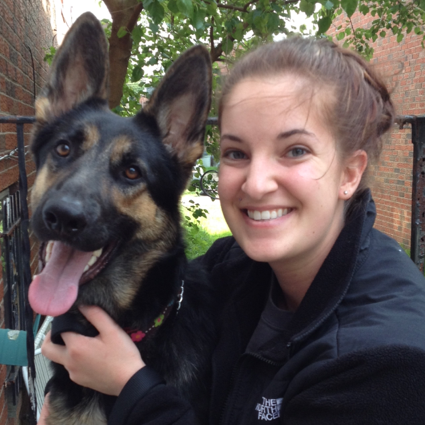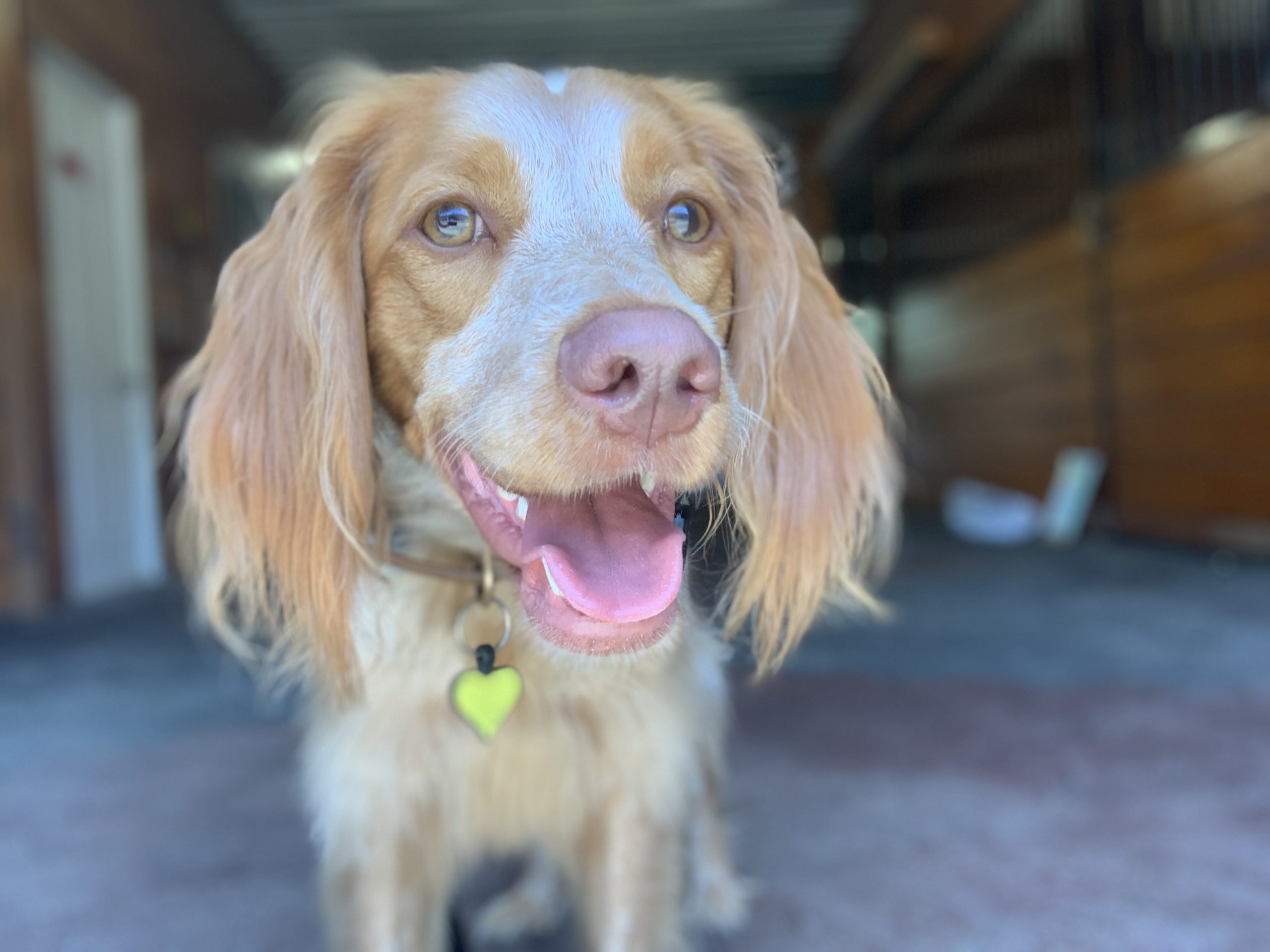by Jessica Lempert, CPDT-KA
When taking on the responsibility of adopting a puppy, people have many different motives: finding a companion, teaching their kids responsibility, showing the dog in competition. Some people adopt puppies with the intention to share their dog as therapy dogs with those who need them. We often meet clients in orientation who already know from day one that they want to train their brand-new puppy to become a therapy dog. Although we do not offer our therapy preparation course to dogs under the age of 1 year, with a few tips, you can begin prepping your puppy for life as a therapy dog:

Make lots of friends!
Therapy dogs spend lots of time working with lots of different people: old, young, sick, disabled. It is important that your dog is used to greeting people of all shapes and sizes. A great goal is to have your puppy meet a few new people each day. It’s an added bonus if the new friends wear hats or sunglasses! Sometimes it can be intimidating for a dog to not see a person’s full face. If strangers greet your puppy, have lots of treats on hand. We want to make sure the greetings are always a positive experience for the puppy.

Travel the world … or at least the city!
It is important to desensitize your puppy to different surroundings. Therapy dogs work in hospitals, schools, offices, and large public events. These different locations may be loud, both verbally and visually. It is important that therapy dogs can maintain their composure in these situations. Although we don’t want to overwhelm a young puppy, a great start is by working your puppy’s obedience skills out in public. Take your puppy to a new location each week and practice obedience skills like sit, down, look and stay. By practicing in new locations, it will not only test your puppies obedience skills, but it will teach your dog to focus in unfamiliar environments.

Paws off!
Meeting new people can be super exciting for a puppy. It’s really cute when a little puppy jumps up and licks you, but a working dog has to greet friends with all four on the floor. Practicing greetings with not only your family but strangers is important for learning manners. When your puppy meets new friends, make sure none of their paws leave the ground. If they do jump, the petting ceases. As long as the puppy stays on the ground, they can get all the belly rubs their heart desires!

Leave it!
While working in facilities like hospitals or nursing homes, your therapy dog will be exposed to lots of “stuff” like medication, medical supplies, food and a slew of other things your dog should not put in their mouth. It is important for your puppy to practice leave it, starting with low-value treats and working up to high-value items like hot dog and cheese. As your puppy advances, you can begin introducing new “leave it” items that your dog will be interested in checking out. Once your puppy becomes a certified therapy dog, it is important that they are able to leave things alone on cue, no matter how interested they are.
Although formal therapy dog training begins later in life, it is never too soon to get the ball rolling. The sooner your puppy begins training, the longer they have to perfect their obedience skills. For more information on beginning the journey to therapy dog certification, check out Philly Unleashed’s classes (including Puppy Club or Puppy Kindergarten for an excellent start to training) or view more information from our partner, Comfort Caring Canines.


